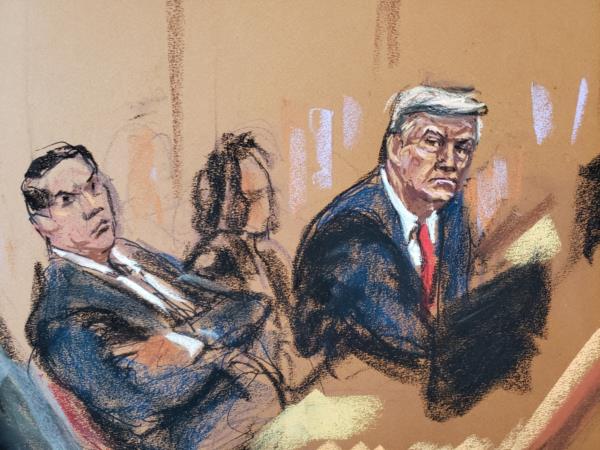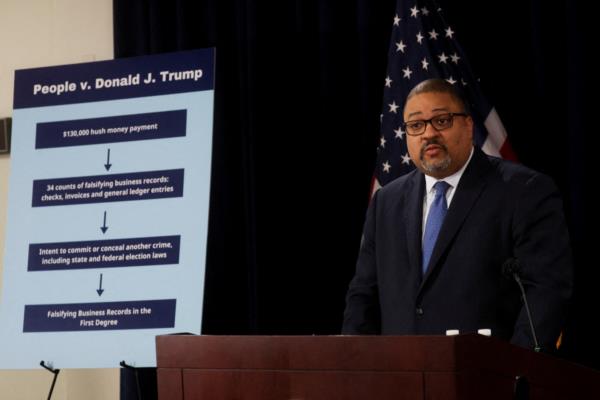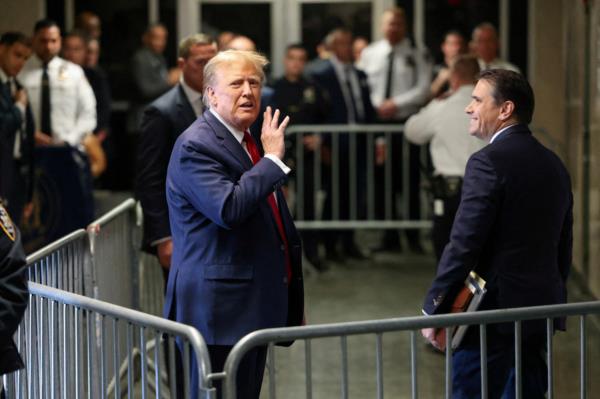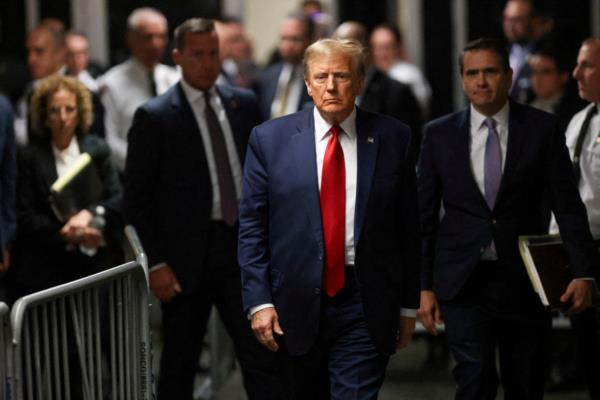
Former US President Donald Trump is set to face a criminal trial, marking a historic moment as the first ex-president to undergo such legal proceedings. The trial, which centers around a hush money case, is scheduled to take place in New York.
The case revolves around allegations that Trump was involved in orchestrating payments to silence individuals with whom he allegedly had extramarital affairs. These payments were made during his presidential campaign in an effort to prevent damaging information from surfacing.
The trial is expected to delve into the legality of these payments and whether they constitute a violation of campaign finance laws. Trump has consistently denied any wrongdoing and has maintained that the payments were made for legitimate reasons unrelated to his campaign.






This legal battle adds to the ongoing scrutiny surrounding Trump's financial dealings and personal conduct. It also raises questions about the extent of legal immunity that former presidents should have once they leave office.
The outcome of this trial could have significant implications not only for Trump but also for future presidents and the boundaries of presidential power. It underscores the importance of accountability and transparency in the highest office of the United States.
As the trial unfolds, it is likely to draw intense media attention and spark debates about the intersection of politics and the legal system. The proceedings will be closely watched by both Trump's supporters and critics, as they await a verdict that could shape the legacy of one of the most controversial figures in recent American history.







